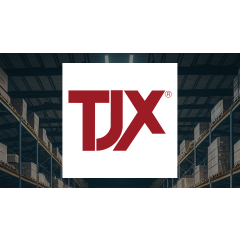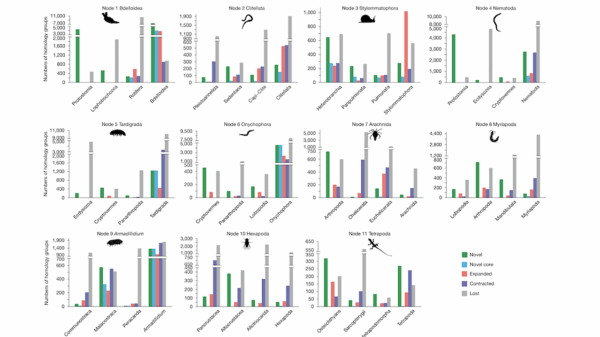The field of quantum computing is experiencing a transformative leap as researchers and technology companies work towards practical applications that could revolutionize various industries. This shift, driven by advancements in quantum bits, or qubits, promises to fundamentally change how computation is understood and applied, moving from theoretical concepts to real-world solutions.
Understanding Quantum Computing
At the core of quantum computing is the qubit, the basic unit of quantum information. Unlike classical bits that exist as either a 0 or a 1, qubits can occupy multiple states simultaneously, a phenomenon known as superposition. Furthermore, qubits can become entangled, meaning the state of one qubit can instantly influence another, regardless of the distance between them. These characteristics enable quantum computers to perform complex calculations at speeds unattainable by classical computers.
Classical computers process information linearly, while quantum computers utilize parallelism to tackle problems. For example, classical algorithms may take exponential time to solve certain challenges, whereas quantum algorithms, such as Shor’s algorithm for factoring large integers, can provide solutions in polynomial time. This efficiency has the potential to greatly enhance fields such as cryptography, optimization, drug discovery, and artificial intelligence.
Progress and Ongoing Challenges
The journey from quantum theory to practical implementation has been marked by significant progress, with major companies like IBM, Google, and D-Wave leading the charge in quantum hardware and software development. These organizations have created quantum processors with an increasing number of qubits and explored various technologies, including superconducting qubits, trapped ions, and topological qubits.
Despite these advancements, substantial challenges remain. Qubits are highly susceptible to errors due to decoherence, the loss of quantum state integrity caused by environmental interactions. A primary focus of current research is on developing scalable and fault-tolerant quantum computers. Techniques such as quantum error correction and hybrid quantum-classical algorithms are essential for achieving practical quantum computing.
As researchers navigate this evolving landscape, numerous applications are emerging. In the field of cryptography, quantum computers present a dual challenge: they threaten traditional encryption methods, while also paving the way for quantum cryptography that enables secure communication methods impervious to eavesdropping.
Optimization problems are another area where quantum computing can make a significant impact. The ability of quantum algorithms to expedite the search for optimal solutions among vast possibilities is being explored by industries ranging from finance to logistics, enhancing decision-making processes.
The pharmaceutical sector stands to benefit immensely from quantum computing’s capacity to simulate molecular interactions at unprecedented speeds. This capability could accelerate the development of new drugs and materials, shortening the time from concept to market.
Looking ahead, the concept of quantum supremacy becomes increasingly relevant. This milestone is reached when a quantum computer can perform a task that classical computers cannot achieve practically. Although Google announced in 2019 that it had achieved this goal, the pursuit of full-scale, error-corrected quantum computers capable of addressing real-world problems continues.
The democratization of quantum technology is another critical aspect of its future. As cloud-based quantum platforms become available, access to quantum computing will broaden, empowering a new generation of developers, researchers, and entrepreneurs to tap into its potential. This change is expected to foster innovation across multiple sectors.
In conclusion, the journey of quantum computing, from the fundamental realm of qubits to practical applications, is just beginning. As collaboration between researchers and technologists continues to overcome existing obstacles, the implications of their work are set to ripple through society, transforming industries and reshaping approaches to complex problems. The leap from traditional computing paradigms to quantum capabilities holds the promise of unprecedented advancements, inviting all to join in this extraordinary journey into the quantum realm.



































































